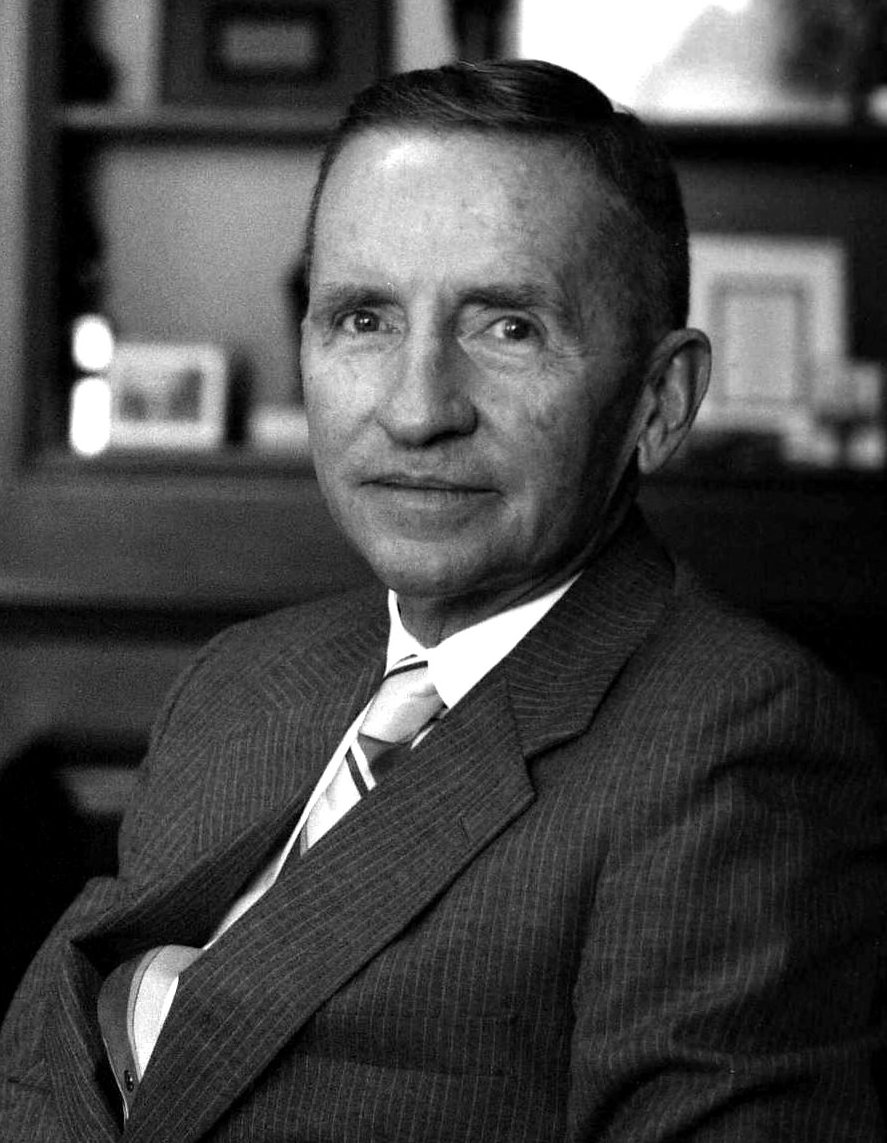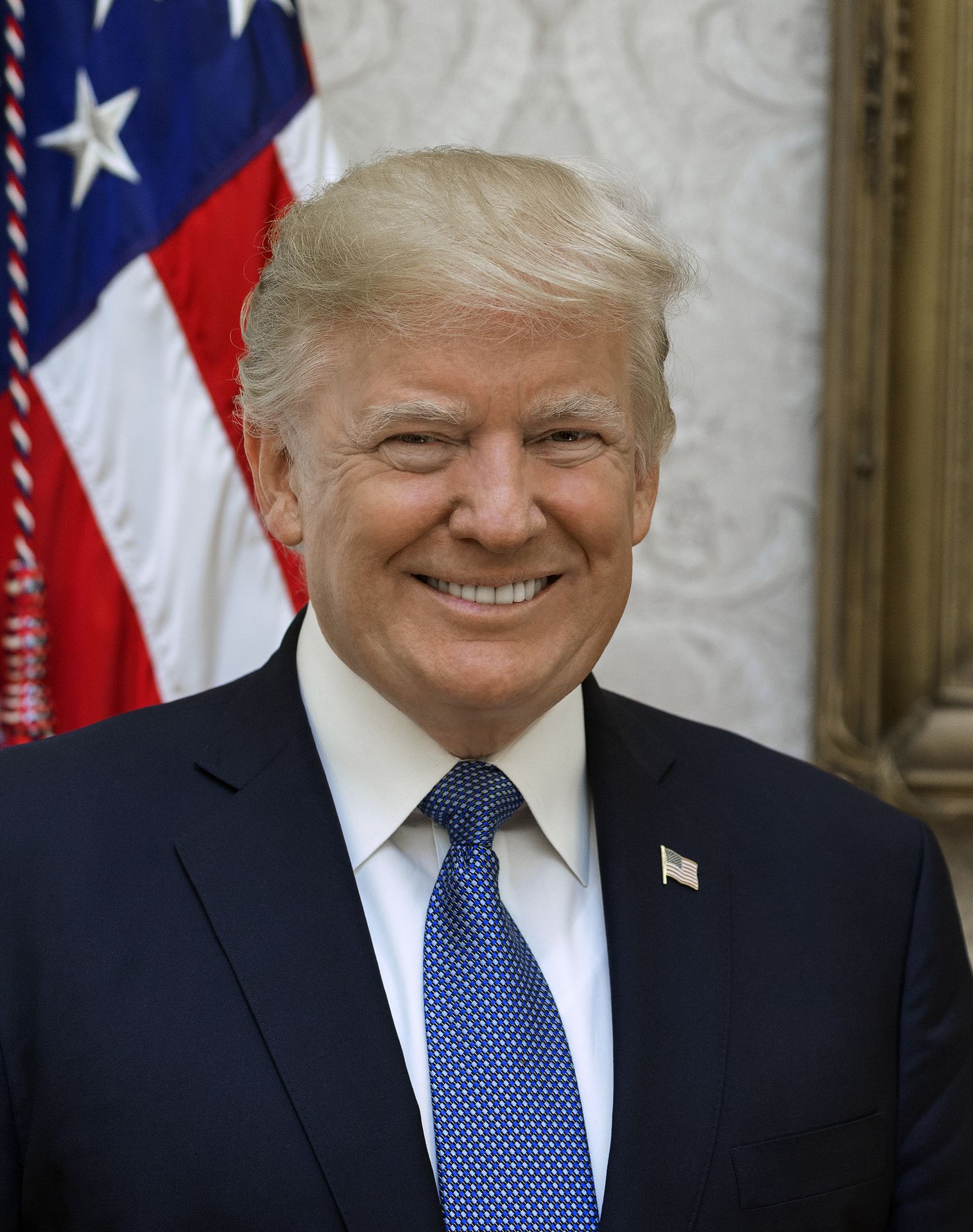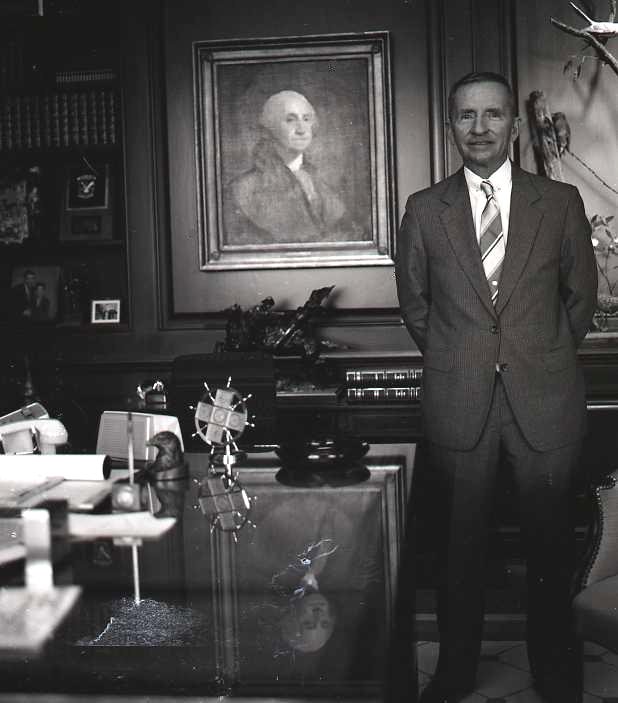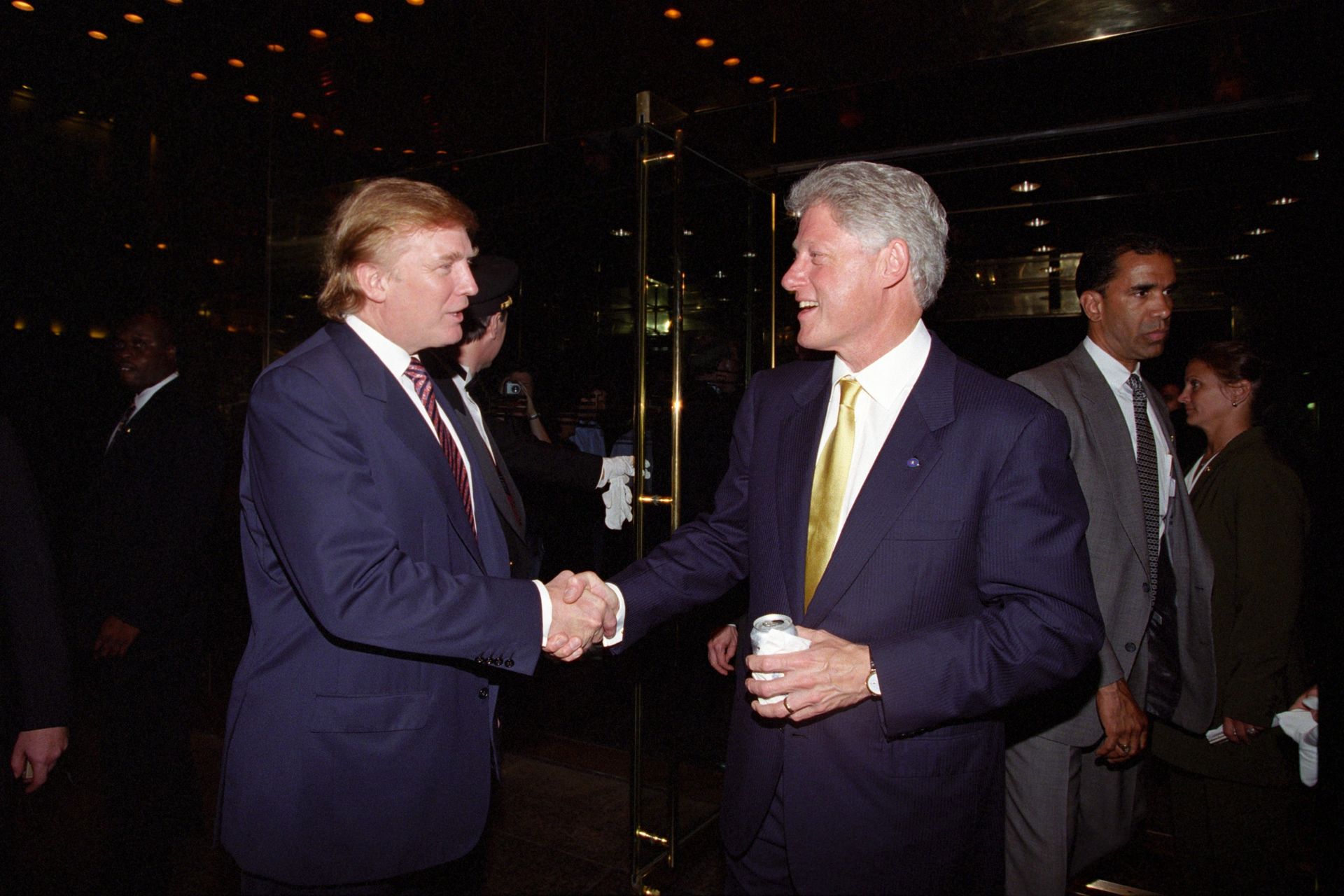Ross Perot's foray into presidential politics in 1992 drew parallels with another unconventional candidate who would make waves a few decades later: Donald J. Trump. Both Perot and Trump positioned themselves as outsiders, promising to shake up the establishment and tackle the issues that had long plagued the nation.
While their approaches were distinct, examining the similarities and differences between these two figures sheds light on the complexities of outsider politics.

Similarities: The Outsider Narrative
At their core, both Perot and Trump leveraged the outsider narrative to their advantage. Ross Perot, a self-made billionaire and successful businessman, presented himself as a non-politician who could bring a fresh perspective to the problems facing the country. Similarly, Donald Trump, a real estate magnate and reality TV star, positioned himself as a political outsider who would "drain the swamp" and challenge the traditional norms of Washington, D.C.
Both candidates capitalized on widespread dissatisfaction with the political establishment. Perot's promise to "take out the trash and clean out the barn" resonated with voters who were tired of partisan gridlock and bureaucratic inefficiencies. Trump's rallying cry to "Make America Great Again" appealed to those who felt left behind by globalization and wanted a leader willing to challenge the status quo.

Differences: Style and Strategy
While the outsider narrative united Perot and Trump in their appeal to disenchanted voters, their styles and campaign strategies diverged significantly.
Perot's campaign was characterized by a straightforward and sometimes blunt approach. He was known for his direct communication style, emphasizing data-driven solutions and presenting himself as a pragmatic problem-solver. His demeanor reflected his business background, and he often shied away from the theatrics that would become a hallmark of Trump's campaigns.
In contrast, Donald Trump's campaign style was marked by bombast, showmanship, and a willingness to court controversy. His unfiltered communication on social media, particularly Twitter, allowed him to bypass traditional media gatekeepers and communicate directly with his base. Trump's rallies were spectacles that drew fervent crowds, and his off-the-cuff remarks often dominated news cycles.

Policy and Impact
Perot and Trump also differed in their policy priorities and the impact they had on the political landscape.
Perot's campaign focused largely on fiscal responsibility, trade reform, and reducing the national debt. His prediction of the negative consequences of NAFTA resonated with many Americans who felt the effects of globalization on their communities. Although Perot ultimately dropped out of the race, his influence on the policy debate persisted.
Trump, on the other hand, rode a wave of populist sentiment that encompassed a wide range of issues, from immigration to economic nationalism. His presidency saw significant policy changes, including tax reform, deregulation, and a conservative shift in the judiciary. However, his approach to governance often sparked intense debates and polarized the nation.

Lessons Learned
The stories of Ross Perot and Donald Trump offer valuable insights into the challenges and opportunities of outsider politics. While both candidates tapped into a vein of public frustration with the establishment, their differing styles and approaches highlight the complexity of translating outsider status into effective governance. Their campaigns also underscore the enduring appeal of candidates who promise to upend the status quo, even as the realities of political leadership demand a delicate balance between boldness and practicality.

P.S. Also of interest: Democracy Dies in Darkness: Unraveling Ross Perot's Prophetic Quote and Failed Swamp-Draining Attempt
A Tale of Two Outsiders: Perot and Trump in the Political Arena